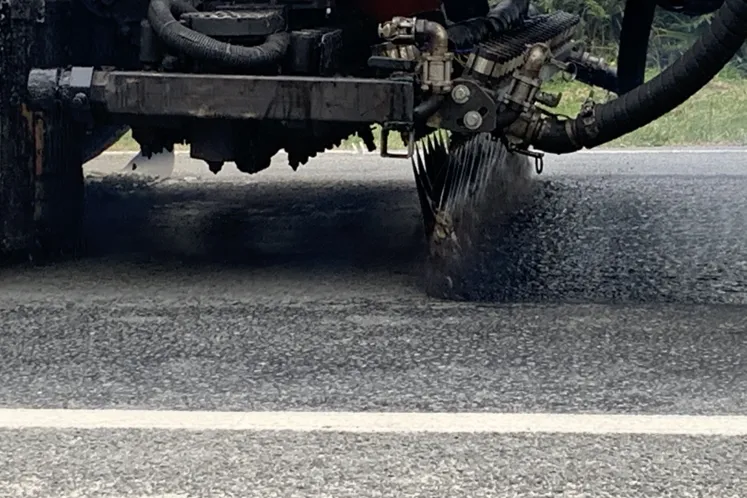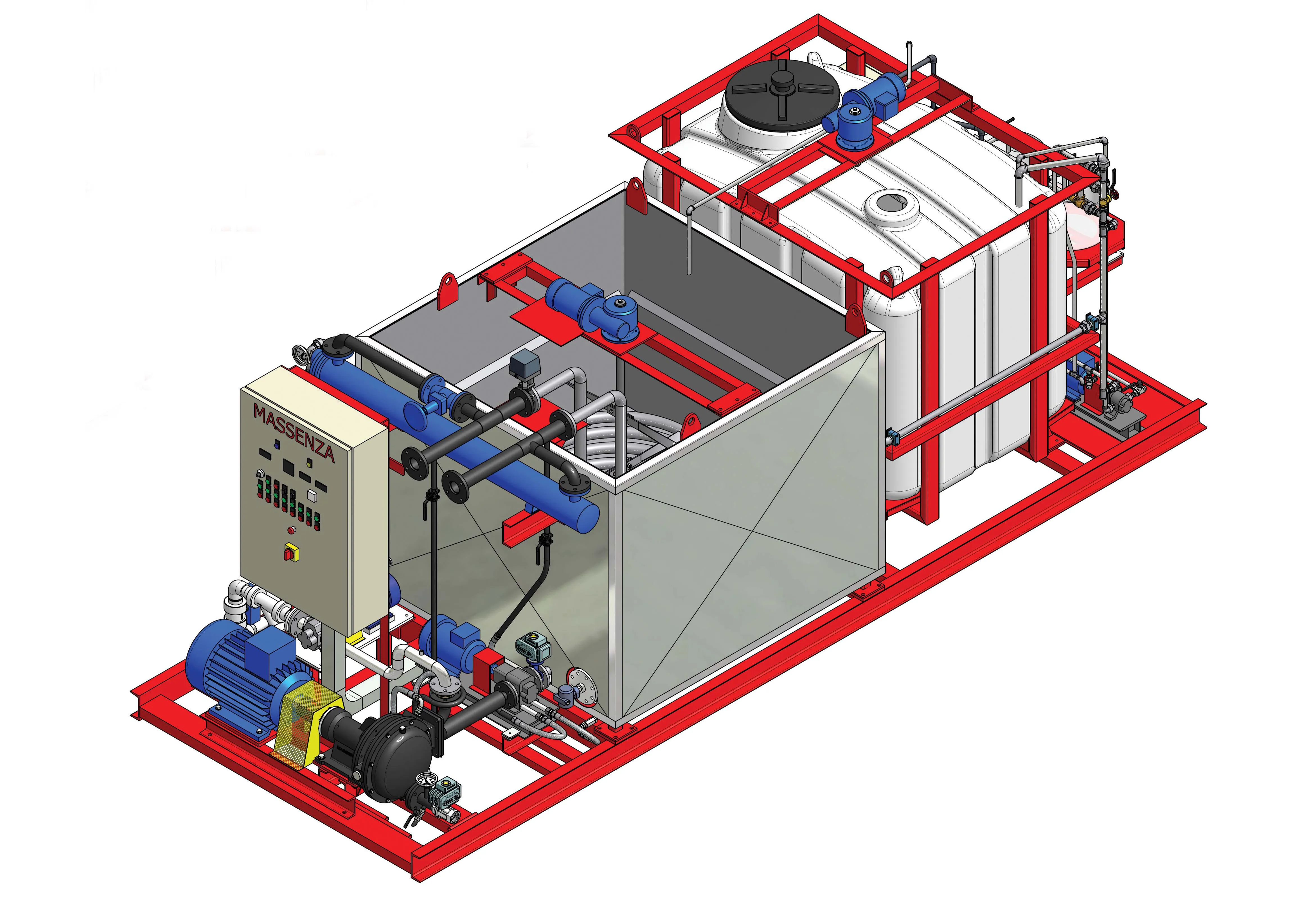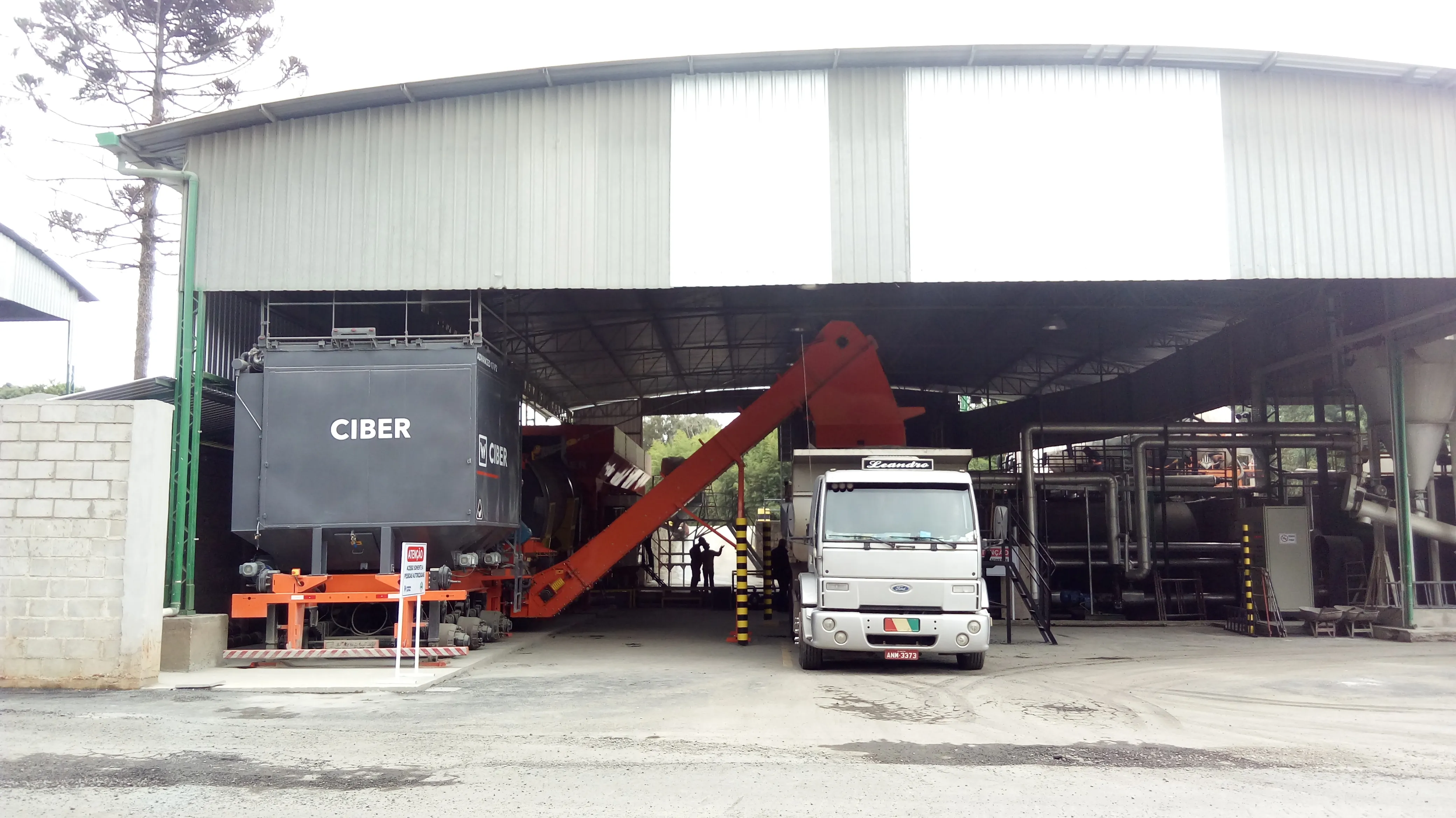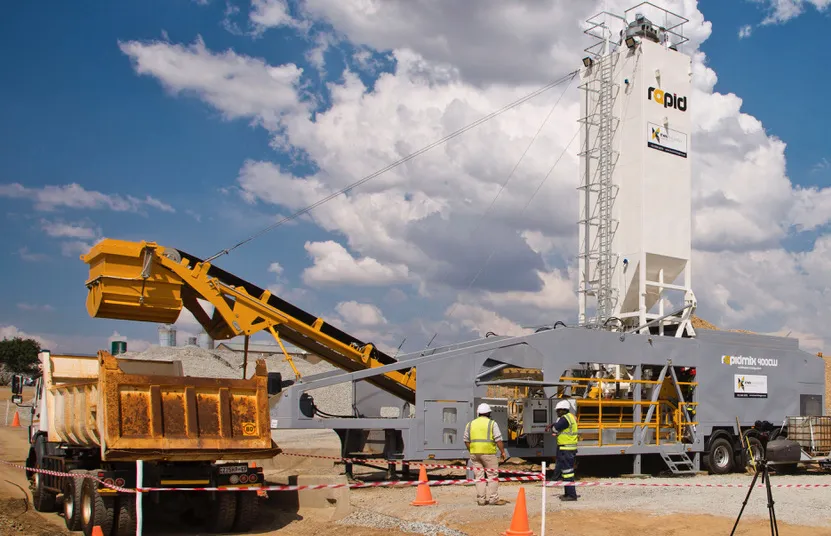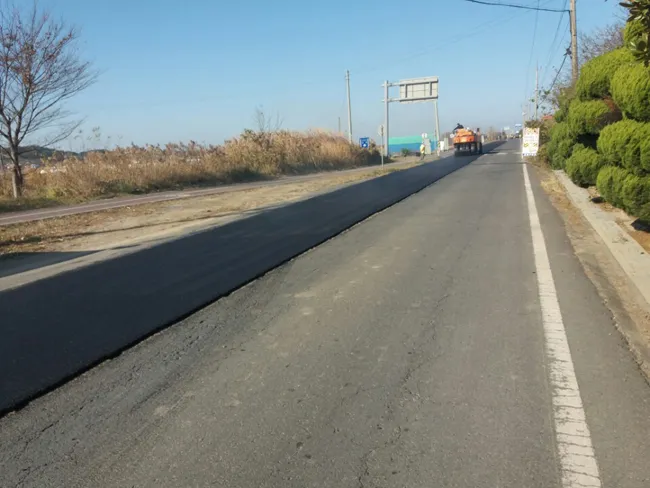
“Our company has been studying asphalt modifiers since 1999 and has know-how on research and development of asphalt modifiers,” said Yulia Min, manager at Hansoo Road Industry. “Recover asphalt was developed through a four-year study based on the previous studies of asphalt modifier technology.”
Recover asphalt has been used on national, local and urban roads in Korea since 2016 after the produce received its patent. It is currently undergoing tests and trials in China and Europe, says Min.
Recover asphalt is created by adding pellets containing CSM Modifier to the asphalt plant. Based on microfibres, the modifier contains additives which give elasticity and ductility to the asphalt mixtures at both low and high temperatures.
Min says that asphalt mixtures containing the modifier show “excellent plastic deformation resistance which can increase the performance of the asphalt pavement”. Because the small size of the aggregates in Recover asphalt, a maximum of 5mm, the overlay is used in downtown areas to reduce noise levels from road pavements. Hansoo said that over 8dB noise reduction is achieved, when compared to the existing, aged pavement with up to 12dB reduction observed for some roads.


